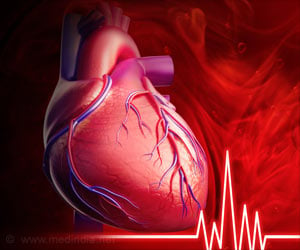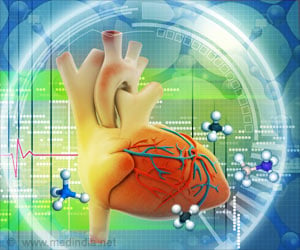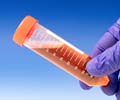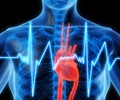Homocysteine can lead to heart attack, and a recent study suggests that 60% of Indians have elevated levels of homocysteine
- Despite having less than 20% of the global population, India accounts for more than 60% of all heart disease cases
- The leading causes of heart disease in young Indians are unhealthy lifestyle choices, physical inactivity, obesity, and smoking
- Hyperhomocysteinemia is thought to be a separate risk factor for atherosclerotic vascular disease and venous thromboembolism (blood clots)
Risk Factors for Heart Diseases
Bad lifestyle choices, physical inactivity, obesity, and smoking are the primary causes of heart disease in young Indians. A range of risk factors can be utilized to identify coronary hazards, including diabetes prevalence, hypertension, and excessive cholesterol levels. Most people, however, are unaware of another independent risk factor for heart disease: elevated homocysteine levels in the blood (1✔ ✔Trusted SourceRole of homocysteine in the development of cardiovascular disease
Go to source). Explaining the relevance of the homocysteine test, Dr. Sameer Gupta, a US board-certified Interventional Cardiologist and Head of Cardiology for the Metro Group of Hospitals shared, "Hyperhomocysteinemia is considered an independent risk marker for atherosclerotic vascular disease and venous thromboembolism or blood clots.
Study on Homocysteine
An analysis of data recently published by Tata 1mg Labs from approximately 40,000 homocysteine tests conducted across its PAN India lab testing facilities in the last two years shows that more than 66% of Indians have higher-than-normal levels of homocysteine in their bloodstream, making them vulnerable to heart diseases such as blood clots, heart attacks, and stroke.Males performed significantly better than females in the test. Whereas 59% of women had elevated levels of homocysteine, men had a substantially lower proportion of 40.1%.
The age group of 18–30 years had the lowest prevalence, at 15.3%, but quickly grew to the highest, at 30%, in the age range of 31–40 years. This was followed by age groups of 41–50 years (about 19%), over 60 years (18.3%), and 51–60 years (17.3%).
"While a high level of homocysteine in the blood is a marker for elevated risk, we do not have good data that measures to lower homocysteine can reduce the risk of heart disease," Dr. Gupta adds. If your homocysteine levels are high, your doctor may advise you to take vitamin B12, B6, or folate supplements. It is important to emphasize that increasing your vitamin intake alone does not reduce your risk of heart disease; instead, lifestyle changes such as quitting smoking, remaining physically active, and controlling your medical problems are critical.
"A homocysteine test may be ordered when your doctor feels that you may have a vitamin B12 and/or folate deficit," said Dr. Prashant Nag, Clinical Head, Tata 1mg Laboratories. It can also be ordered as part of a risk assessment for heart disease or following a heart attack or stroke to help guide treatment. This test is especially effective for people who have a family history of coronary artery disease.
Regular screening for risk factors and early diagnosis of heart problems is essential for providing prompt treatment and improving health outcomes. Every young adult should be aware of and avoid associating heart disease with aging. Get regular heart health exams whether you have a sedentary desk job or have just begun highly strenuous exercise, like going to the gym, or running marathons.
- Role of homocysteine in the development of cardiovascular disease - (https://pubmed.ncbi.nlm.nih.gov/25577237/)
Source-Medindia














